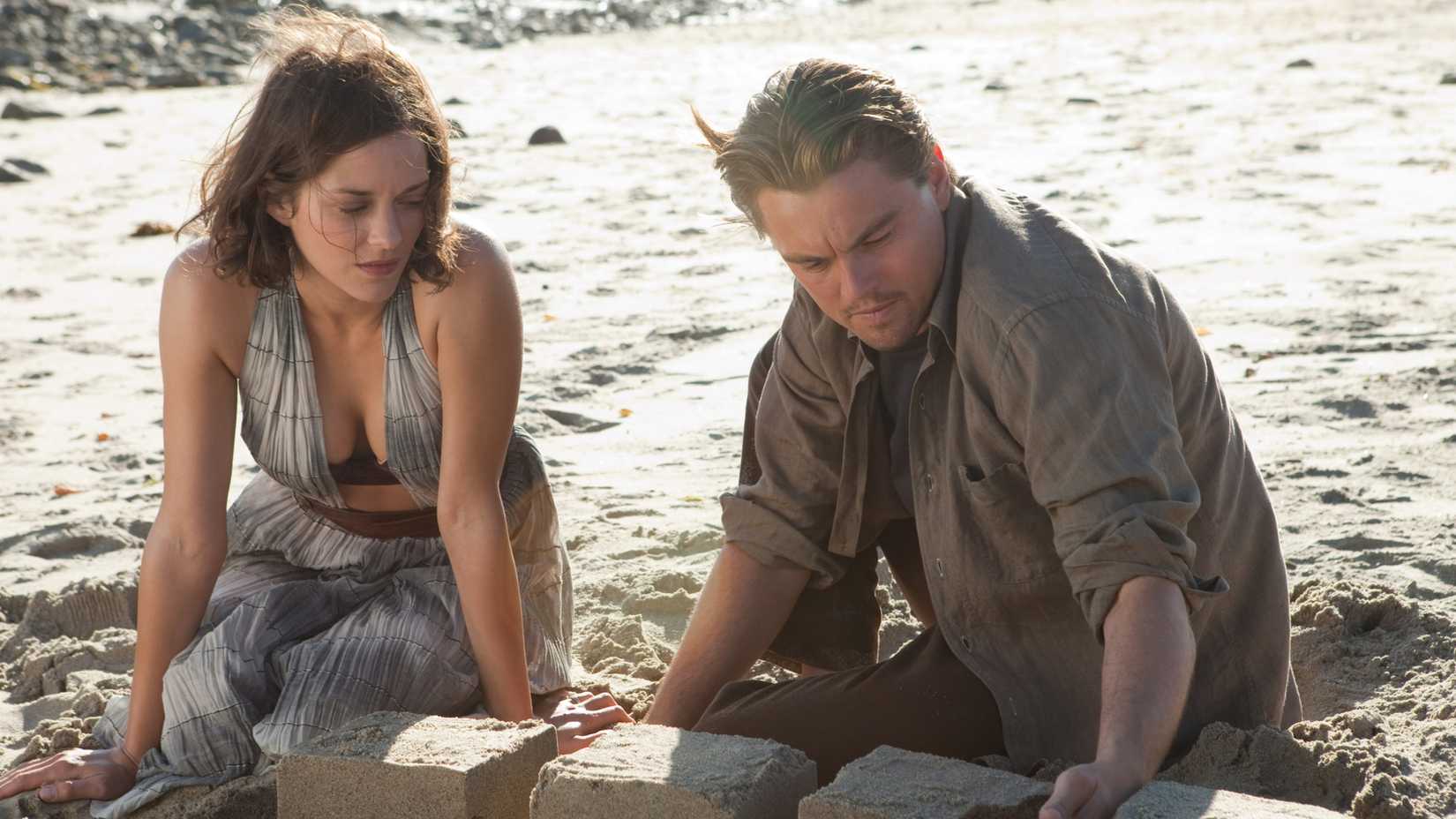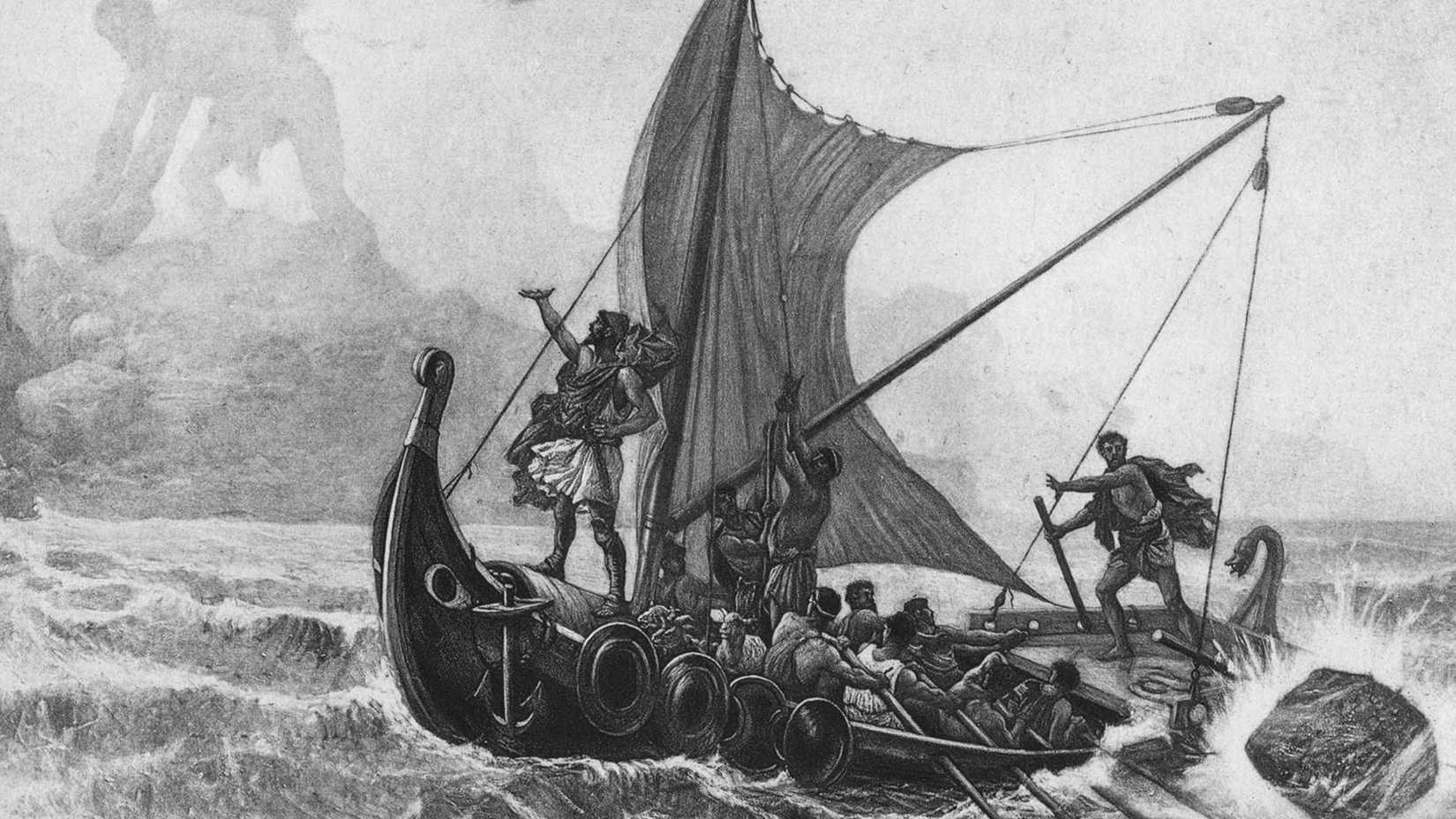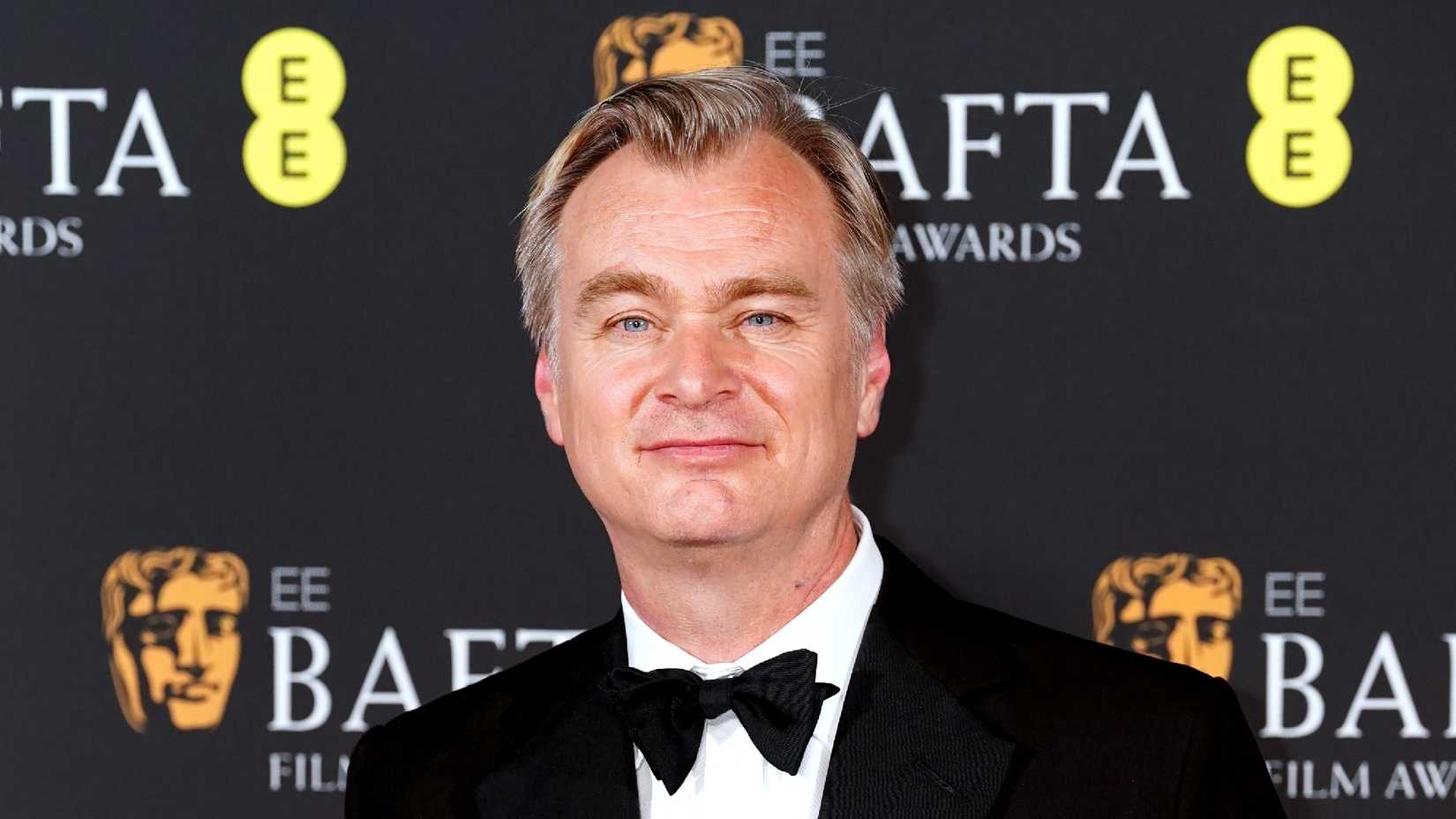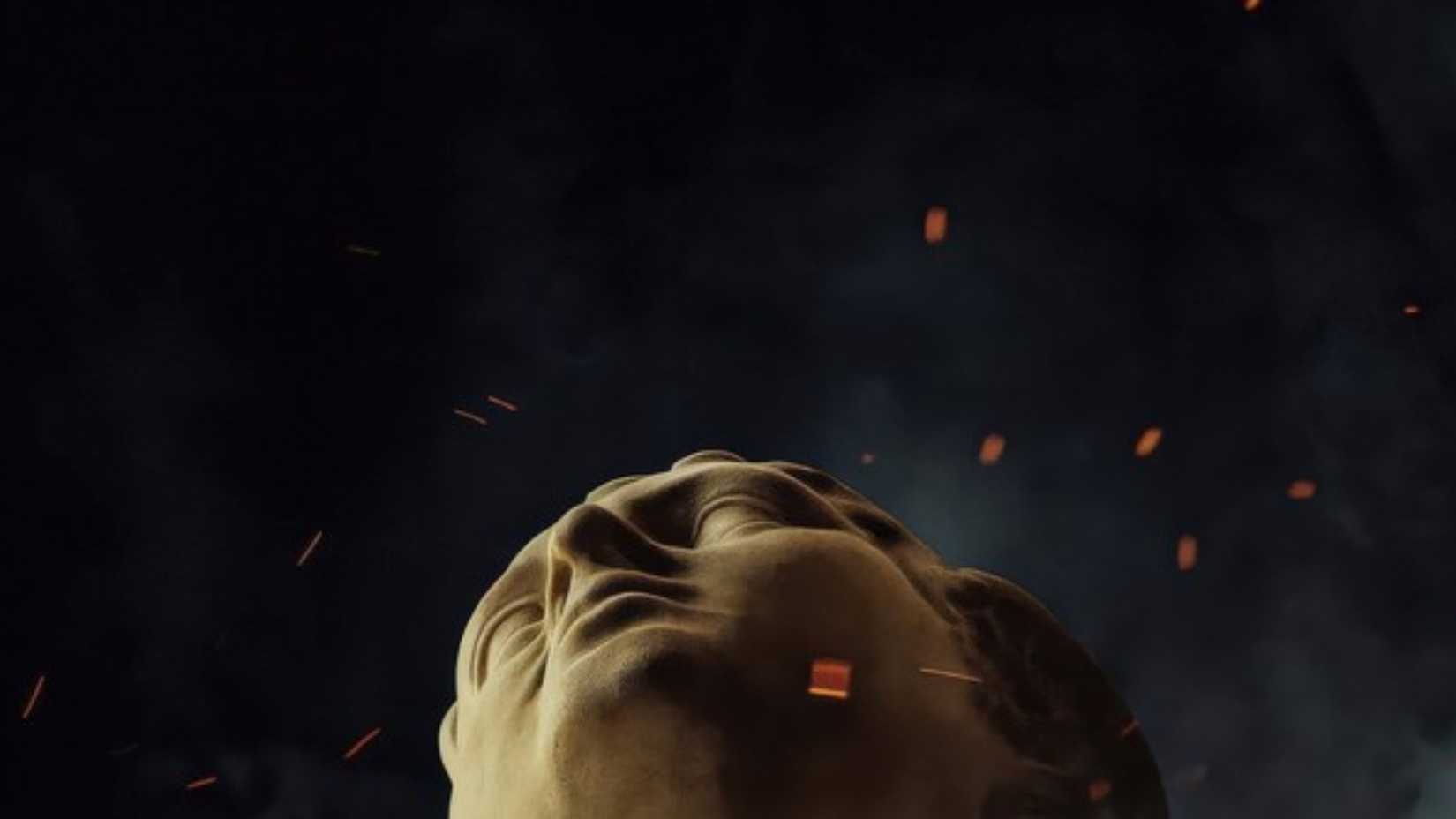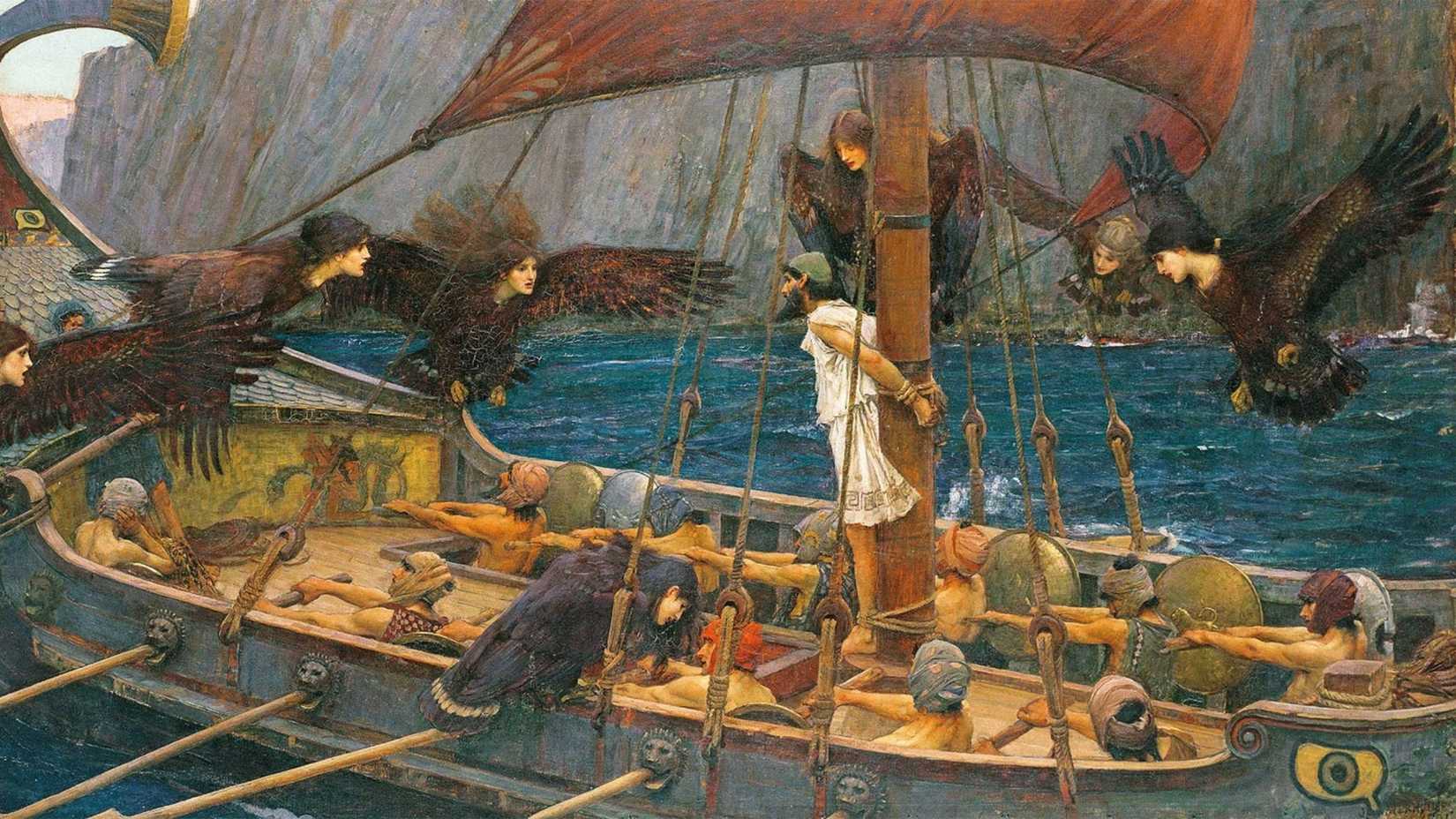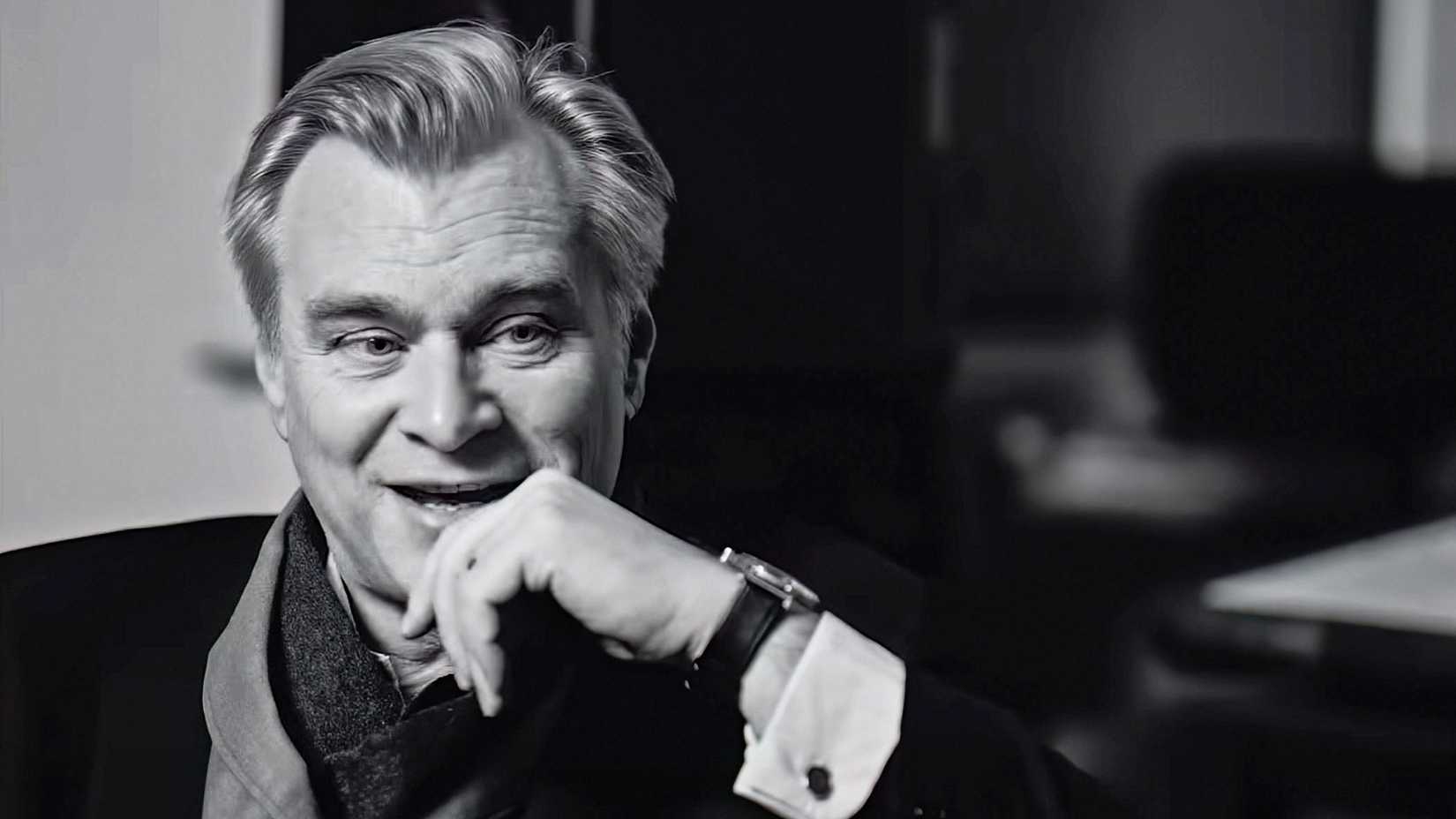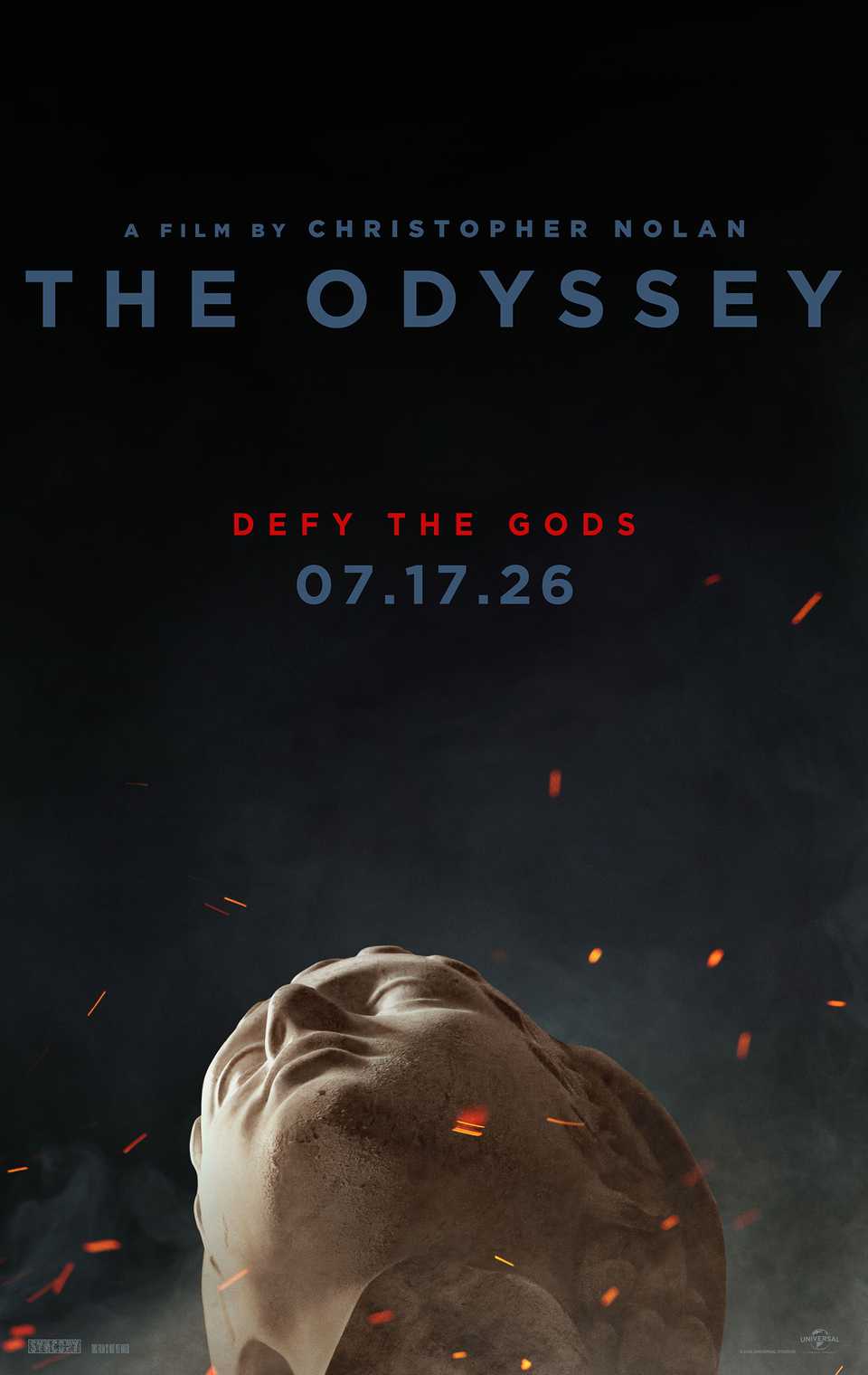The Odyssey has all the ingredients for a timeless Christopher Nolan movie, and may actually be the most Nolan movie ever. Christopher Nolan has endeared himself to the general audience as one of the best modern examples of auteur theory.
Beyond his typical visual touches and consistent thematic throughlines, Nolan has some particular character archetypes and story tropes that pop up in many of his movies. Many of these elements are core elements of The Odyssey, suggesting why he chose to adapt the epic as his next film.
The Odyssey Is The Story Of A Flawed But Great Man
Many of Christopher Nolan’s films focus on a flawed “great man,” and The Odyssey is an enduring classic all about that character archetype. Odysseus is one of the most memorable of all the heroes in Greek mythology for his very human elements.
A rare example of a major hero who is human instead of directly related to a supernatural figure or member of the Pantheon, Odysseus is a clever strategist, a skilled warrior, and a just king. Unfortunately, he knows all of those things, leading him to be driven by his pride even when he should be smart enough to be humble.
It’s a key flaw that costs Odysseus greatly over the course of his adventure, to the point where hearing stories of his “heroic exploits” late in the story is enough to bring him to tears. It’s the kind of archetype that Christopher Nolan is well-versed in exploring, going back to the earliest days of his career.
Films like The Following and Memento focus on a character who knows they are smart, but aren’t clever enough to realize when they’ve been used by someone else. The Dark Knight trilogy is rooted in Bruce Wayne’s efforts to become something more than a man, even as his human flaws rack up deadly costs.
The Prestige is all about the cost of ambition, while Inception and Oppenheimer literalize the cost of perfection and advancement. Nolan seems drawn to protagonists who are deeply flawed despite all their talents and skills, something that is perfectly reflected in Odysseus.
The Odyssey Has A Lost Love Subplot That Fits Into Nolan’s Overall Themes
A recurring theme in Nolan’s films is the loss or corruption of a great love. Inception, The Prestige, and Oppenheimer all give their hero a tragic love story where the love of the film’s lead suffers a painful ending that can be blamed in part on the main character.
The Following, Memento, and Inception take it even further by transforming the female love interest into a threat, using the hero’s emotional vulnerability as a weakness. The Odyssey has the virtue of adhering to both those elements, while likely avoiding the common Nolan criticism that he kills off female characters too easily.
Penelope is one of the main reasons Odysseus wants to return home, a lost love that motivates him even as she doesn’t play too much of a role in his active adventures. Characters like Calypso and Circe are the femme fatales of The Odyssey, tempting Odysseus into leaving behind his loved ones to adhere to their views of the world.
The Odyssey will have the natural room for Nolan to play with both kinds of female characters, but in a way that allows all of them to have a sense of their own agency and (so long as he stays true to the source material) survival.
The Odyssey’s Many Characters Are Perfect For Nolan’s Expansive Casts
Nolan may root his stories around a single protagonist, but many of his films are ensembles at heart. Movies like Dunkirk, Inception, and Oppenheimer deliver a whole lot of storylines, even if their focus remains on a single element or character.
The Odyssey will be the perfect story for Nolan’s ambitions when it comes to characters, especially if it fully adapts the original mythology. Beyond Odysseus himself, there is his crew of loyal sailors, the monsters they encounter, and the mythological figures who intervene in their journey home.
The story also focuses on characters like Telemachus, who embarks on his own adventure to find out what happened to his father. While many of their roles remain unconfirmed, The Odyssey‘s truly massive cast list speaks to the ambition and scope of the filmmaker.
It seems that Nolan’s habit of bringing together one-of-a-kind casts will be at the heart of The Odyssey, which is befitting such an epic. The filmmaker’s habit of assembling massive casts makes perfect sense for a story as expansive and epic as The Odyssey.
The Odyssey’s Structure Lends Itself To Nolan’s Love For Twisty Narratives
Nolan’s early films earned him fame for their unique structural designs. Memento, The Prestige, Inception, Dunkirk, and Tenet all played with audience expectations and experimented with their presentation of stories within stories.
The narratives’ characters tell themselves and others are often just as important as the plot that the hero is experiencing firsthand. The Odyssey incorporates a lot of this twisty nature into its own classical storytelling, with several flashbacks and tall tales taking up much of the narrative.
Many events in the story are being recounted to others, something that Nolan could play with in his own presentation of the story. This could even be seen in the teaser for The Odyssey released alongside Jurassic World Rebirth, which focused on Telemachus being told of the many myths that exist about his father.
This suggests that the film will embrace the kind of experimental structure that Nolan has used to great effect elsewhere. The Odyssey is the perfect chance for Nolan to test his own talent for unconventional story structure by tackling one of the most famous examples of experimentation in that regard.
The Odyssey Is The Perfect Place For Spectacle Filmmaking
Christopher Nolan has defined himself in modern cinema as one of the biggest filmmakers of the current generation, with a particular focus on spectacle. His use of IMAX cameras has helped his films like Inception, Dunkirk, Interstellar, and Tenet all stand out visually from other blockbusters.
All of Nolan’s films have a focus on practical effects that speak to the strength of his directorial eye, even when they take on a scope and style that requires the incorporation of CGI like Interstellar. The Odyssey is exactly the kind of story that benefits from that sort of approach, highlighting why it’s the perfect choice for the filmmaker.
While movies like Ralph Fiennes’ The Return prove that the story of Odysseus can work on a more grounded scale, there’s something to be said for the natural visuals that come with the Gods and monsters that Odysseus encounters in his adventures. Nolan’s talent for larger-than-life visuals will fit in neatly into The Odyssey.
Nolan’s desire to highlight the potential and power of filmmaking is likely to get a stellar showcase with The Odyssey, which has plenty of visually big moments to pull from. While The Odyssey will work best if Nolan keeps the focus on Odysseus’ arc, there’s plenty of room for the filmmaker to bring his adventures to life in stunning ways.
It’s exactly the kind of balance between character arc and stirring visuals that Nolan films are best known for. This all suggests another reason the filmmaker likely turned to the classic in the first place is the story’s blend of massive visuals and thematic richness.
The Odyssey Can Highlight The Horrors Of War And The Strength Of Soldiers
An underlying theme in many of Christopher Nolan’s stories is the horrors of conflict and the resolve of soldiers, something that was best felt in the everyday heroics of Dunkirk, the small sacrifices in Tenet, and the horrifying realization of humanity’s destructive nature in Oppenheimer.
This is a major theme in The Odyssey, which undercuts much of the sense of glory and honor that conquering heroes returning home can naturally pick up. At the heart of The Odyssey is a story about how the last survivor of an army is forced to reckon with how he commanded men into the jaws of danger — sometimes literally.
The human cost of ambition and the unintended consequences of glorious advancement is at the core of many of Nolan’s films, and it’s one of the central tragedies of The Odyssey, making it likely one of the reasons that Nolan was so drawn to the narrative in the first place.
The Odyssey Is A Story About Stories
One of the underlying themes in Nolan’s filmography is the power of stories. Whether that be in their ability to manipulate people in Inception and Memento, to inspire the masses in the Dark Knight trilogy and Interstellar, or in shaping history as in Oppenheimer or Insomnia, the power of stories is a key element to Nolan’s films.
Many have noted the ways Nolan uses his films to subtly explore the filmmaker’s process, highlighting how his narratives speak about the nature of storytellers throughout history. That’s one of the reasons The Odyssey seems like a perfect vehicle for the director, as the classic story is rooted in the oral tradition that has long defined mythology in human history.
The tale of Odysseus has been passed down for generations, with the storyteller behind the scenes often just as important as their approach to the tale. Nolan’s take on The Odyssey will likely highlight the tropes and themes he’s always been drawn to as a filmmaker, highlighting his own place in the rich and endless tapestry of creatives across society.
The Odyssey presents Nolan a chance to showcase his own perspective and talents as a storyteller, breathing new life into a classic tale. It will be a Nolan film through and through, all while playing into a legacy of narrative that goes back centuries. It’s why The Odyssey is the perfect vehicle for Christopher Nolan.
This story originally appeared on Screenrant


